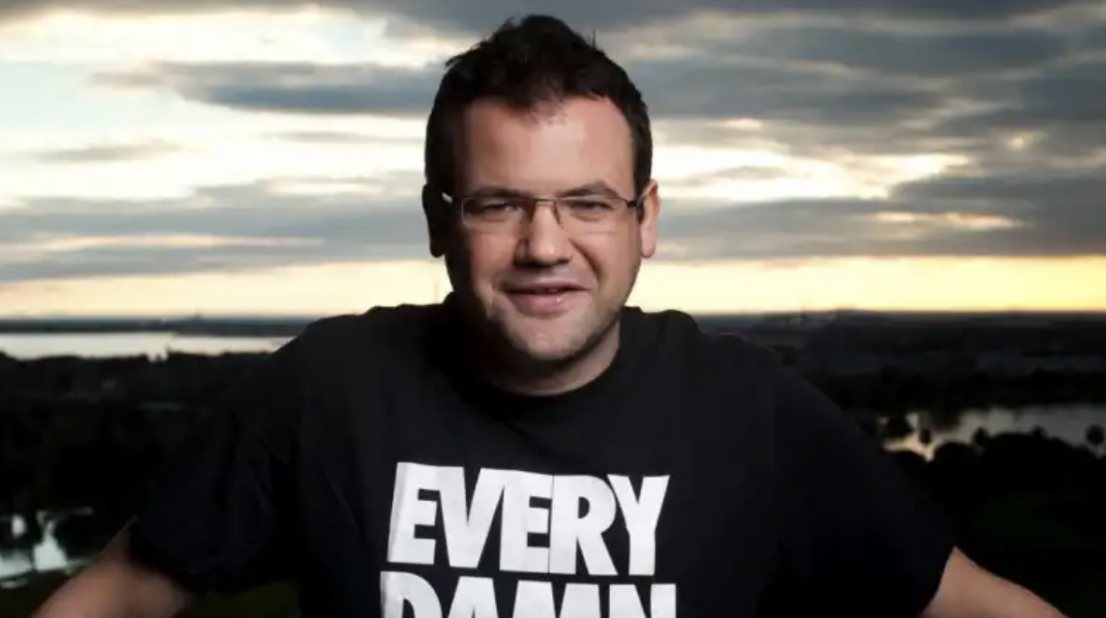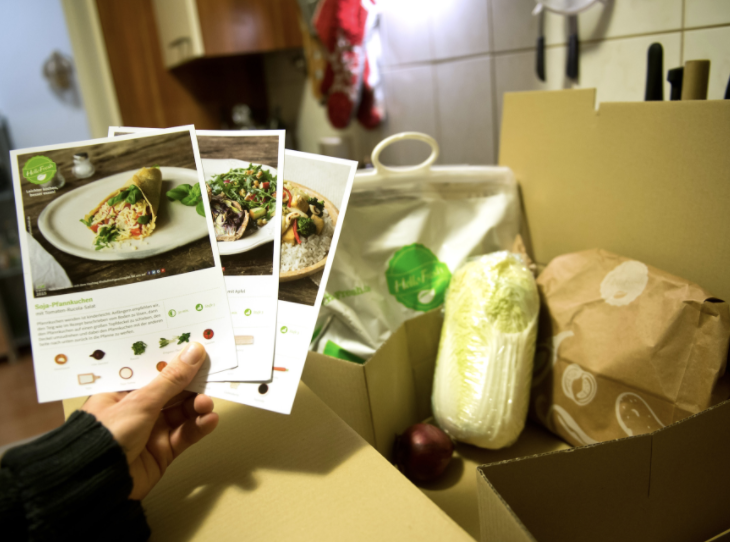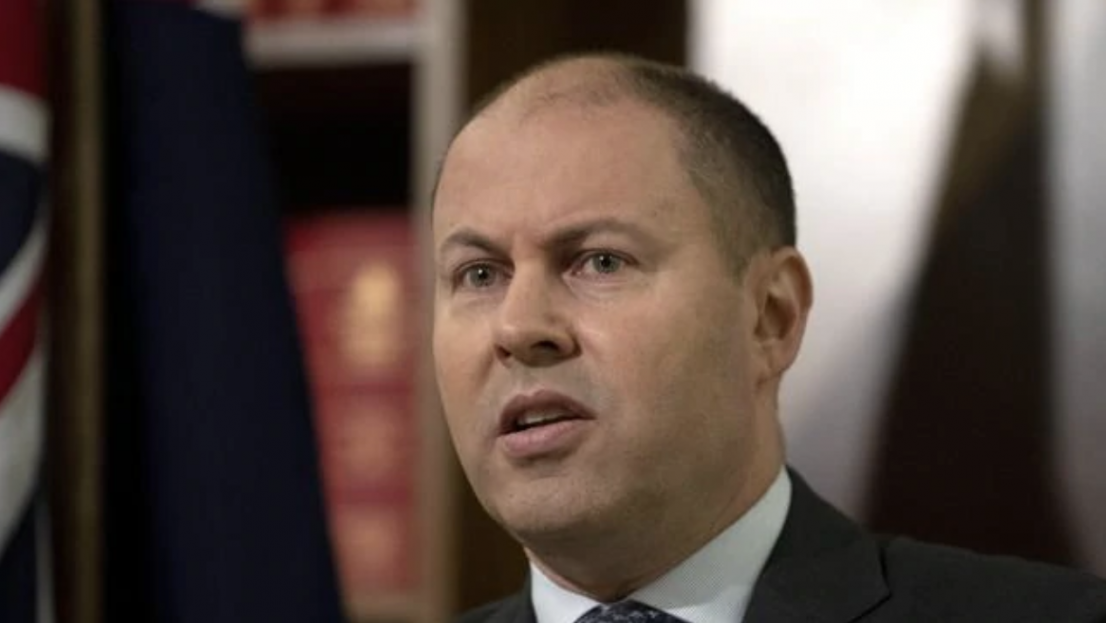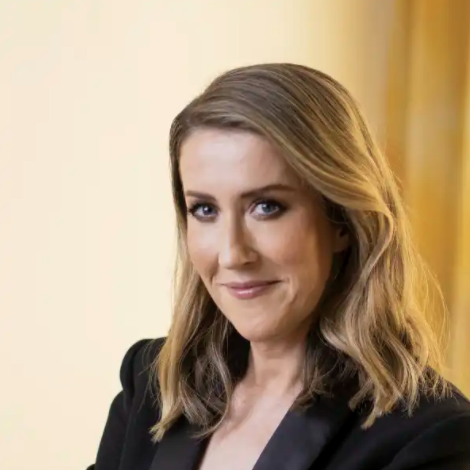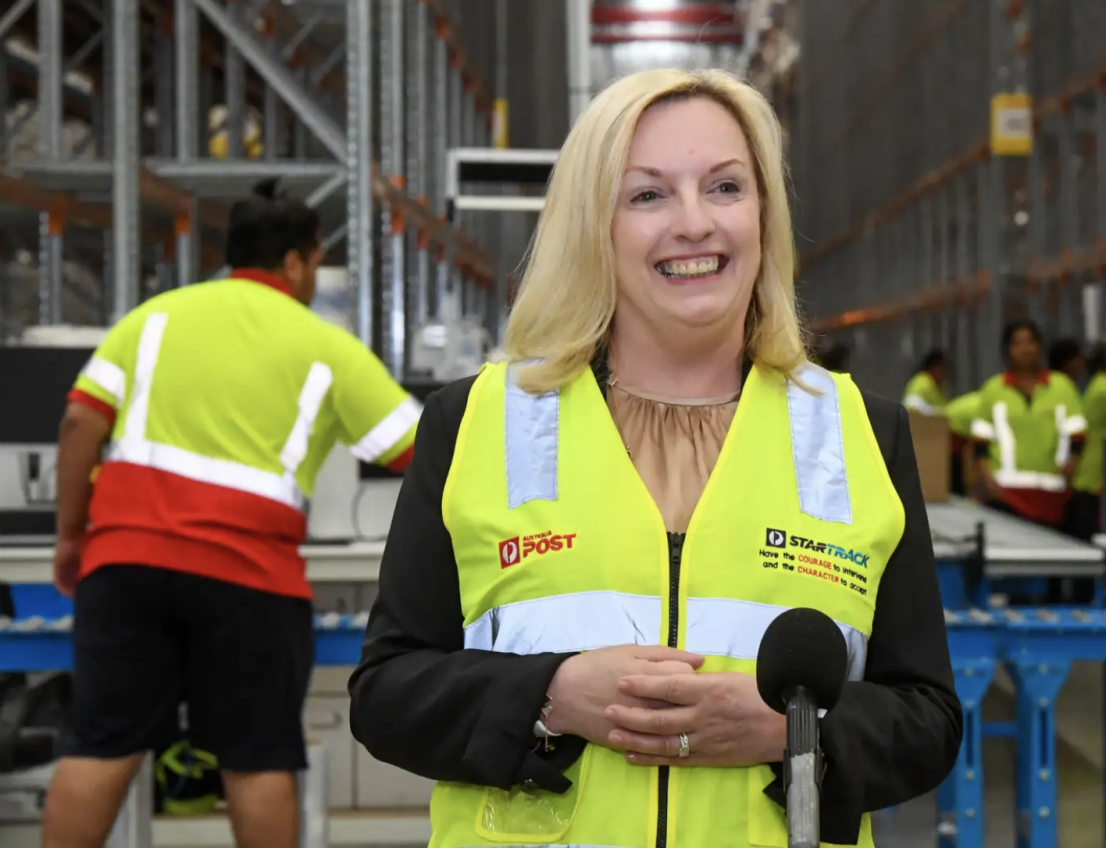
Australia Post chief executive Christine Holgate says every day is like Christmas for parcel deliveries in our pandemic world.
"We had a massive Monday," Holgate says after recording 2.3 million deliveries on August 17, the third-biggest day ever behind last year's Cyber Monday – "an international day created for online deals" – and Easter Tuesday this year.
But this was just an ordinary pandemic Monday in a shift Holgate says has become the norm. To reward those working around the clock, Australia Post has given more than 33,000 frontline staff an average payment of $600 this week as a sort of pre-Christmas bonus.
"It's a bloody huge number, we're still delivering these volumes which we've never seen before except at Christmas," Holgate says.
"The volumes continue to be really high. The numbers I've just been given for the first week of August, we are up 157 per cent in Victoria and up 90 per cent in volume across the nation."
Holgate says there is also massive growth – an increase of 127 per cent – in parcels lodged over the counter in Victoria. These included the case of one of her executives "who used to live next door to an old man but couldn't visit him for his birthday, so sent him something by express post", she says.
"We are seeing a lot of that – people outside the state sending things into loved ones. Although clearly, by far, the largest part is [business to consumer] deliveries."
Holgate, a director of the Collingwood Football Club who has mostly been working from Australia Post's Sydney headquarters in Redfern during the pandemic, described the volumes as a "Suez Canal coming down a drainpipe" two weeks ago when the postal service was hit with Melbourne's stage four lockdown rules for business.
After The Australian Financial Review ran a series of front-page stories about the threat to supply lines, including basic medicines, home tech, school equipment, food and drinks, the federal government stepped in and the Victorian government granted concessions for the postal service's distribution centres.
It still faces some restrictions on parcel processing, including a 10 per cent reduction in staff, but it has been able to split shifts to keep working 24/7 while complying with COVID-19 safe workplace rules. Holgate says delivery delays have mostly been limited to one or two days.
"When [The Financial Review] put that [Suez Canal] quote in the paper, a lot of politicians saw it," Holgate says. "We are working with 10 per cent less people and 33 per cent less people at peak times, yet you've got to deliver almost double the amount.
What we are seeing with the likes of JB Hi-Fi is e-commerce has become a really serious part of their retail proposition.
— Christine Holgate, Australia Post CEO
"It's extremely challenging for our people and it is all hands on deck. If we had to operate under the first [lockdown] suggestion, we would have been gridlocked by Wednesday night, there is no doubt about it."
Holgate says there have been only about 50 virus cases among the 36,000 staff – 80,000 people, when Australia Post's partnerships and outlets are included – which she attributes to a combination of good luck and preparation.
"We have embraced the whole PPE, temperature testing, sanitising, right from the beginning of this. Our people have already been operating this way since late March," she says.
Holgate says Australia Post has agreed to retrain 2000 motorcycle posties – almost a quarter of the cohort – to deliver parcels in vans to help save jobs.
"We've got about 1000 posties fully trained and operating in vans to help with those parcels," Holgate says. "By the end of August, we will have 1500 posties in vans and they will deliver over 6 million more parcels than we could have otherwise. We will have the full 2000 switched over by the end of October."
Australia Post has also struck a peace deal with unions over changes by the federal government to loosen restrictions that require letters to be delivered every day. Labor had opposed the move and the Morrison government accused the opposition of reviving its "Mediscare" campaign.
Communication Workers Union national secretary Greg Rayner has been brought onto Australia Post's leadership council for safety, and Holgate says she has made a commitment not to cut jobs.
"I think that's a reflection of the respect [in which] I hold them," she says. "We will always on occasions have different points of view. But back in July we signed an MOU with them which gave confirmation of their support for this temporary, regulatory relief.
"One of the things they are really keen on, and so am I actually, is we move to what we call a one network operation where we have more streaming into posties of parcels and we stop this sort of separation which had taken place between parcels and letters and we sort of bring it together and keep the postie's job alive."
"We always said from day one, we wouldn't change their wages, there won't be any drastic job cuts. The one-year agreement gives them assurances of no cuts to any salary, and nobody will lose their jobs as a result of rolling this temporary relief out."
Staying in the black
Holgate says the change is inevitable, with the volume of letters falling on average by 25 per cent nationally and as much as 47 per cent in parts of Victoria from two years ago.
She says it is also a requirement of Australia Post's authorising act to remain in the black and, so far, "they are keeping their head above water".
Australia Post reported a half-year profit before tax in January of $83 million, despite an $87 million loss in its letters division, after securing $129 million in cost savings and a 4 per cent increase in revenue to $3.8 billion.
"We have put in place a number of different things to keep our costs really under control," Holgate says. "Operating at the moment does come at a much higher cost. We are still chartering aeroplanes, we've still got this extra cost of PPE."
Almost 260,000 small and medium businesses were trading online in the last quarter and "a lot of those businesses had never traded online before". Holgate believes the pandemic has accelerated a "five-year trend".
JB Hi-Fi and Kogan have reported record online sales during the pandemic. Woolworths has beefed-up delivery chains through partnerships with last-mile couriers Sherpa and Drive Yello, and this week announced it is buying a majority stake in family owned PFD Food Services.
Uber Eats and the Amazon-backed Deliveroo are also pushing into delivery of basic food and drug supplies amid the pandemic. Deliveroo, whose new 16 per cent shareholder Amazon was recently cleared by UK regulators, has partnered with BP and EzyMart to deliver groceries, personal items and basic drugs such as Panadol.
Holgate believes coronavirus has enabled shoppers to get used to shopping online and thinks the change is permanent.
"What we are seeing with the likes of JB Hi-Fi is e-commerce has become a really serious part of their retail proposition. Big W just changed their mission statement and it is about leading in e-commerce, so I think you will see some retailers quite significantly change their model after COVID-19."


